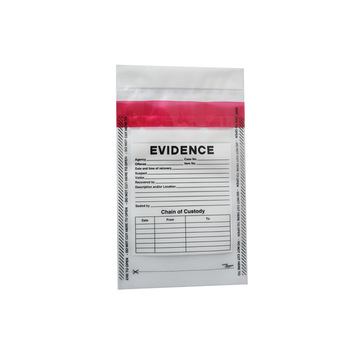Peptides are small chains of amino acids that play a crucial role in various biological processes. They have gained popularity in recent years due to their potential therapeutic
Peptides are small chains of amino acids that play a crucial role in various biological processes. They have gained popularity in recent years due to their potential therapeutic
Peptides are short chains of amino acids that play a crucial role in various biological processes. They are widely used in the field of medicine and have gained popularity due to their potential therapeutic benefits. However, like any other medication, peptides also come with potential side effects that need to be considered. Understanding these side effects is important for individuals who are considering peptide therapy or using peptide-based products.
Peptides Side Effects: Understanding the Risks and Benefits
Peptides have gained significant attention in recent years for their potential therapeutic applications and anti-aging properties. However, like any medication or supplement, peptides also come with certain side effects that need to be carefully considered before usage. It is essential to understand both the risks and benefits associated with peptides to make an informed decision about incorporating them into your health regimen.
The Benefits of Peptides
Peptides are short chains of amino acids that play a crucial role in various physiological functions within the body. They act as messengers between cells, helping regulate processes such as growth, tissue repair, and immune response. The use of peptides in medicine has shown promising results for conditions like muscle wasting, osteoporosis, and even certain types of cancers.
- Improved muscle growth: Certain peptides, such as growth hormone-releasing peptides (GHRPs), have been found to stimulate the production of growth hormone, leading to increased muscle mass and strength.
- Enhanced recovery: Peptides like BPC-157 have shown potential in accelerating tissue healing and reducing inflammation, which can aid in post-workout recovery and injury rehabilitation.
- Anti-aging effects: Some peptides, including collagen-stimulating peptides, have been linked to improved skin elasticity, reduced wrinkles, and overall rejuvenation.
Potential Side Effects of Peptides
While peptides offer numerous benefits, it’s important to be aware of potential side effects that may arise from their usage. These side effects can vary depending on the specific peptide, dosage, and individual factors. Here are some common side effects associated with peptides:
- Injection site reactions: Peptides are often administered through injections, which can cause temporary https://peptidesfirstlab.com redness, itching, or swelling at the injection site. These reactions are usually mild and subside on their own.
- Hormonal imbalances: Certain peptides may affect hormone levels in the body, leading to hormonal imbalances. It is crucial to consult with a healthcare professional to determine the appropriate dosage and timing of peptide administration.
- Allergic reactions: In some cases, individuals may experience allergic reactions to specific peptides. Symptoms may include rash, hives, difficulty breathing, or swelling. If you suspect an allergic reaction, seek immediate medical attention.
Ensuring Safe and Effective Peptide Use
Prior to using peptides, it is essential to consult with a qualified healthcare professional who specializes in peptide therapy. They will evaluate your medical history, assess potential risks, and recommend the most suitable peptides and dosage for your unique needs.
It’s important to follow the prescribed dosage and administration guidelines strictly. Additionally, inform your healthcare provider about any existing medical conditions, medications, or supplements you are currently taking, as they may interact with peptides.
Regular monitoring and follow-up appointments are crucial to ensure the desired benefits and minimize any side effects that may arise from peptide usage. Open communication with your healthcare provider will help them make any necessary adjustments to your treatment plan.
In conclusion, peptides offer a range of potential benefits for various health conditions. However, it’s vital to understand the associated side effects and consult with a healthcare professional before incorporating peptides into your routine. With proper guidance and monitoring, peptides can be used safely and effectively to support your overall well-being.












